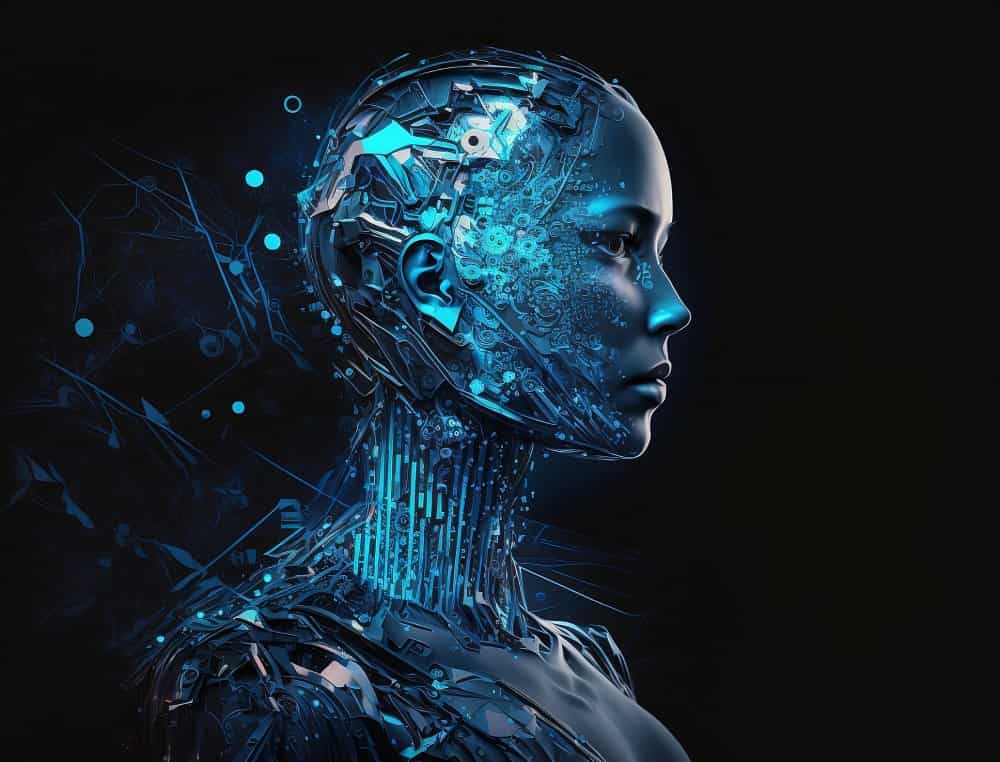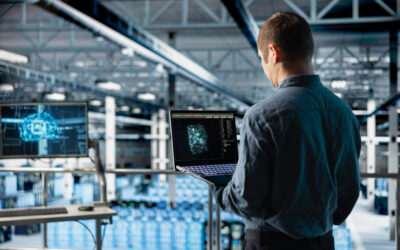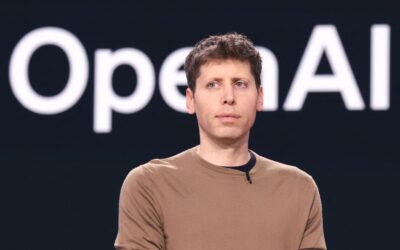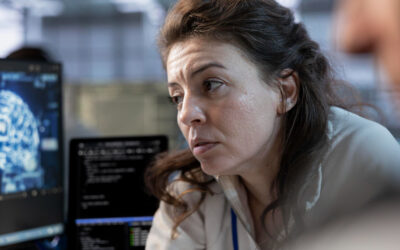The world is not yet prepared for the risks that Artificial Intelligence will bring.
Ian Bremmer, President of Eurasia Group and GZERO Media, and author of “The Power of Crisis,” develops his perspective on Artificial Intelligence. Within this blog, we have included different viewpoints on the topic in previous weeks and days. We complement those viewpoints with one of the most insightful perspectives on the issue, provided by Ian Bremmer in his opinion column in Nikkei Asia (Japan). The principles upheld by Bremmer are “misinformation, proliferation, displacement, and replacement must be addressed.”
AThroughout history, technological advancements have created new opportunities for invention, adaptation, and progress, while simultaneously inflicting irreversible damage on many lives and livelihoods. They have tested humanity’s remarkable ability to adapt to the upheaval of transition and survive what economists call “creative destruction.”
The world now must prepare for a technological leap whose implications will be enormous and are already beginning to develop at a pace that has frightened even those who have spent their careers laying the groundwork for this disruption.
Artificial intelligence will transform our lives, for better or worse, so profoundly and so quickly that we have no choice but to prepare ourselves and others for the consequences.
There will undoubtedly be medical and scientific advances that will turn decades of work into mere days of effort. Those with access to the most powerful AI tools will have the opportunity to live longer, healthier, and more prosperous lives than humans have ever experienced.
But there are also risks we must think about and prepare for.
Among the most important is misinformation. Without citizens, consumers, and investors having continuous access to accurate and verifiable information, there can be no democracy or free-market capitalism.
The advent of social media and the flood of distorted information it generates has already poisoned public attitudes toward institutions of all kinds. The incorporation of AI will add a vast chorus of pre-programmed non-human voices to the conversations that shape political life in countries around the world.
The ease with which malicious political actors, criminals, and terrorists can create video illusions that can deceive even the most sophisticated viewer will make it much harder for political leaders and news reporters to build and maintain credibility.
China, Russia, and other authoritarian states will develop more effective forms of digital propaganda that undermine freedom in profound and unprecedented ways, and will sell these technologies to any government willing to pay for them.
But misinformation is just one of many malicious applications of AI.
In recent years, the technological issue that has most concerned political debate within many democratic states has been the collection of data on citizens’ online activities and the impact this has on privacy.
But artificial intelligence is a democratized technology. The powerful tech companies that have come to dominate our online lives can set rules and guidelines for the use of the products they create. To some extent, they can enforce these rules.
However, AI models that are almost as advanced, and more powerful than general-use algorithms just months ago, are already available to anyone with marginal programming skills and a laptop. Several people I know are now running their own large language models using publicly available information to generate large amounts of text.
In a field with a culture of open-source code and very few barriers to entry, this availability will spread everywhere quickly and easily. Millions of people will soon have their own pre-trained generative transformers, like ChatGPT, running on real-time data available on the internet.
It will become a powerful tool that people can use to create useful things that push forward scientific and artistic ground. It will also be a weapon that dishonest political actors, criminals, and terrorists can use to code malware, create biological weapons, manipulate markets, and poison public opinion.
It is true that authorities will be able to implement AI to create more effective tools to monitor these crimes, but governments have never faced such a diffuse threat.
Mass displacement is a third risk that must be considered.
We know that the explosion of artificial intelligence will displace an incalculable number of workers as machines replace humans, even in knowledge sectors, on a scale that most of us until recently thought impossible.
It is true that we have seen such disruptions before. More recently, the rise of global trade in recent decades has wiped out millions of jobs in manufacturing in countries where workers earned relatively high wages by catalyzing a shift in industrial production to developing countries. Automation has also displaced manufacturing jobs in general.
In both cases, these technological disruptions generated much greater productivity and wealth globally, and eventually created more jobs than they destroyed. But it takes time and resources to retrain workers and establish sustainable social safety nets for those who cannot adapt.
The displacement caused by the expansion of artificial intelligence will affect more workers in more places much faster than any workplace disruption the world has seen before. This revolution in the workplace will create economic and political turmoil on a scale that national governments and multinational institutions are not prepared to handle.
Finally, there is the most personal aspect of the AI revolution. Humans will soon become much more accustomed to direct communication with machines than with other people. Instead of relying on simple bots for weather reports, we will trust complex, AI-powered machines for complex interactions and even companionship.
We already know that excessive use of social media can cause anxiety, depression, and even self-harm in isolated adolescents and adults. This problem is about to become much bigger as more people with antisocial tendencies form relationships with increasingly sophisticated machines. This will be AI’s deepest challenge, and it’s one that policymakers are least prepared to face.
Nothing separates us from the risks posed by AI, except easily solvable technical obstacles and time. Each of them will need to be addressed within families and communities, among decision-makers in both the public and private sectors, and across borders. But the AI revolution has already begun.
TRANSLATION BY THE FUTURE LAB RESEARCH TEAM






0 Comments